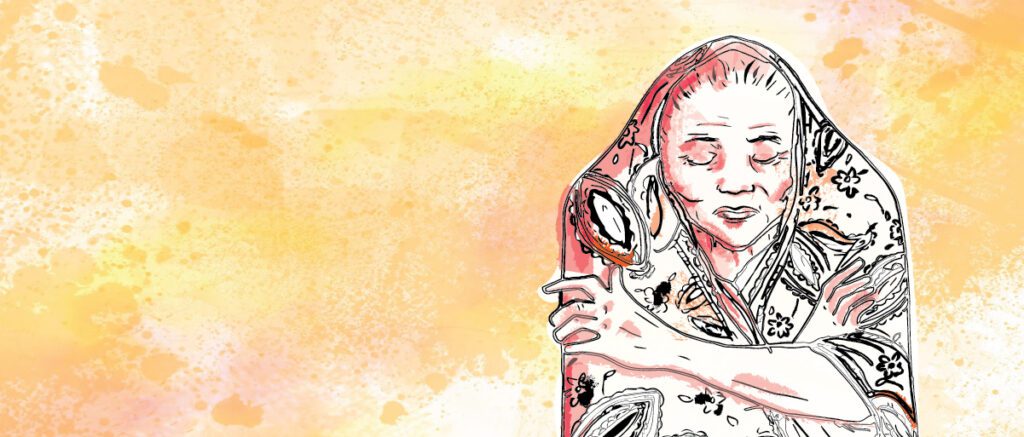
While the recent “#MeToo” movement has successfully drawn attention to violence leveled against disempowered members of American society, there are still women relegated to the margins whose stories are unheard and unheeded. Women of “a certain age,” those over 50, have long been ignored both statistically and anecdotally-as if there is a magical age that means a woman is no longer vulnerable to violence and discrimination.
On the face of it, this assertion seems absurd, yet violence against older women is not adequately addressed in most of the research, policy, and programs aimed at prevention and treatment of this type of abuse. Gender-based violence can occur across a lifetime and can be exacerbated in advanced age. Rooted in gender inequity and prevailing social norms, violence against older women physically, sexual, or emotional is a pressing health and human rights issue. Women over 50 represent nearly a quarter of women around the world, and their proportion of the population will only grow based on demographic trends. Most of these women live in developing countries, often in societies where systems to report abuse or get help do not even exist and, if they do exist, are usually inadequate in responding to older women.
One reason older women are left out of the global discussion on gender-based violence is that they are systematically excluded from research on the subject. Statistics on gender-based violence and health tend to only focus on women of reproductive age; women 49 and over are left out. Where data is collected on older age groups, it is rarely disaggregated or analyzed. When older women are excluded from evidence-gathering, they are similarly excluded from humanitarian interventions expressly developed out of the process. In 2013, WHO Global and Regional Estimates of Violence Against Women found a lifetime prevalence of intimate partner violence among women over 50 to be 20% but acknowledged that the confidence level of that figure was low, simply because there were too few data points.
The paucity of data about older women’s experience with violence led HelpAge to partner with the American Academy for the Advancement of Science to conduct a groundbreaking study to fill in these knowledge gaps. The study engaged men and women older than 49 years of age who are refugees internally displaced and asylum-seekers fleeing conflicts in Afghanistan, Colombia, Cuba, the Democratic Republic of Congo, South Sudan, Syria, and Iraq. Not surprisingly, the study found that violence against women does not stop because they age or when they flee a conflict setting.
Governments and multilateral organizations can do so much more to include older women in human rights protections. For instance, existing international human rights law does not explicitly articulate protecting older women from violence. Of the 133 countries surveyed in the World Health Organization’s 2014 Violence Prevention survey, only 59% said they have laws to prevent elder abuse, and only 30% said that these were fully enforced.
The Sustainable Development Goals-promising to “leave no one behind”-must fulfill that pledge. Hearteningly, the upper-age cap on measuring violence against women has been removed, signaling a recognition that more needs to be done to monitor the 900 million women in the world (24% of the world’s women) who are over 49 years of age. This is a step in the right direction, but more can be done. To include older women, data, policy, and programs addressing violence against women and girls need to measure and address the specific needs of older victims.
With today marking the first of 16 days of activism against gender-based violence, remember the older women around the world who would say, “#MeToo,” if only they were asked. Today, November 25, as we all align ourselves to help end gender-based violence, remember to include older women. Remember them in your work. Remember them in your policy objectives. Remember them in your development programming.
They have said, “Me too.” We just haven’t been able to hear them because we never asked.


